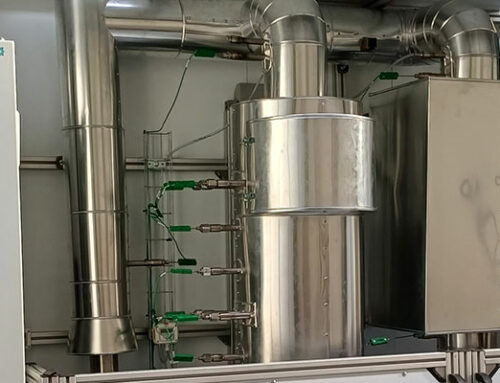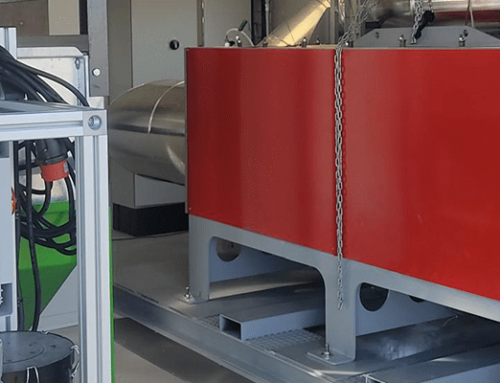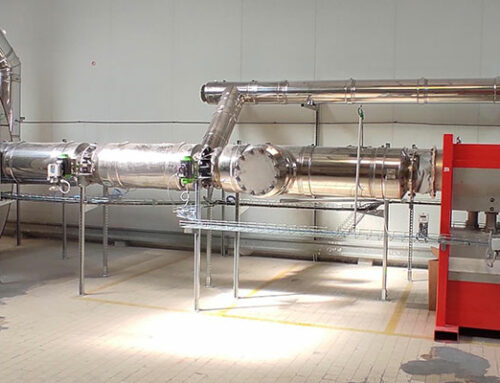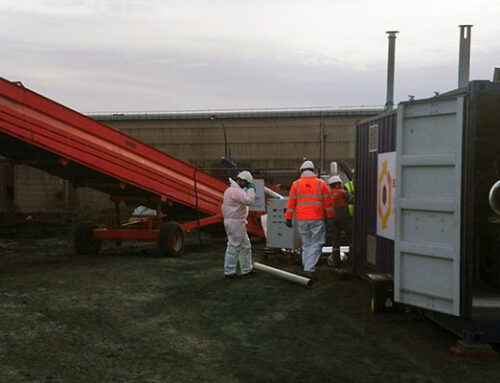Project Description
Collaborative project to optimize high-temperature heat storage using thermocline technology
Partners: Laboratoire de Thermique et Energie de Nantes (LTEN-CNRS UMR6607 (coordination), Laboratoire Procédés, Matériaux et Energie Solaire (PROMES-CNRS UPR8521) and the company ADF Process Industries.
Duration: 5 years (20217-2022)
Financing: ANR (National Research Agency)
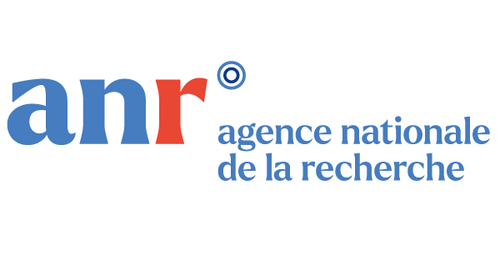
Background:
Integrating an energy storage system into concentrating solar power plants improves reliability, availability and reduces operational cost.
Project description:
Thermal Energy Storage (TES) system that improves reliability, availability (power generation on demand) and reduces the operational cost of CSP plants (increased annual capacity factor). The storage systems currently available are two-tank systems and single-tank systems known as thermoclines. The two-tank storage system is the most commonly used, with the hot and cold fluids located in two different tanks. In single tank thermocline storage, the hot and cold fluids are stored in the same tank, but separated by a temperature gradient (stratification). This concept is an economical (about 35% cheaper) and efficient option: compact, low heat loss, use of recycled materials as filling and no need for a heat exchanger between the hot and cold tanks.
The overall objective of this project was to design and develop a thermocline (single tank) solar energy storage technology with high energy efficiency, high thermal stratification storage capacity and optimized packaging configurations. Indeed, the potential application of this innovative technology is not limited to solar power plants, but in the TES sector in general.
The aim of the project was to study the influence of the fluid distribution method on the performance of thermocline-type storage and to develop optimal sizing methods.

